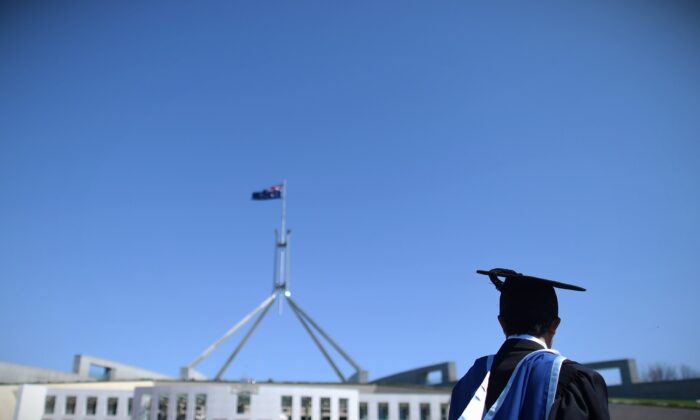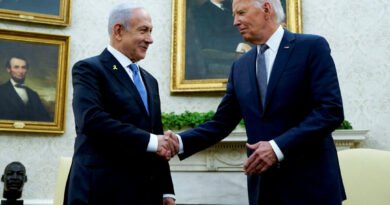Coalition Stands Against International Student Caps, Calls for Comprehensive Solution
Dan Tehan raised concerns about the bill’s exclusion of secondary visas, such as the 120,000 partners of students, with 86 percent looking to stay in Australia.
The federal opposition strongly objected to the government’s proposal to limit international students to 270,000, calling it a fragmented solution to broader immigration issues.
With just weeks before the legislation was due to come into effect, the Coalition promised to reject the policy, arguing that it did not tackle the root problems.
Shadow Immigration Minister Dan Tehan stated that the bill would not address the fundamental issues plaguing Australia’s immigration system.
“The number of international students in Australia has doubled, and research indicates that over a million people are either on international student visas or arrived on them, exacerbating the housing and rental crisis,” he told Sky News Australia.
Tehan emphasized that the bill ignores secondary visas, particularly the partners of international students, which has grown to over 120,000, with 86 percent aiming to stay in Australia.
He highlighted that the bill only focuses on one issue, leaving many others unaddressed.
“We want to ensure that we have a comprehensive set of policies to present to the Australian people to address this issue,” he said, urging for adequate consultation with regional universities and private education providers.
Opposition finance spokeswoman Jane Hume also criticized the government’s strategy, asserting that imposing limits on international students would not resolve immigration challenges.
“These caps proposed by the government are just a small part of a fragmented approach that does not tackle the systemic issues,” she told ABC Radio.
The proposed cap would restrict international student numbers to less than half of the 445,000 expected enrollments in 2024, reverting immigration levels to pre-pandemic figures.
While Opposition Leader Peter Dutton had previously supported such caps, the Coalition now strongly opposes them.
Industry Minister Ed Husic criticized the opposition’s political maneuvers.
“This is another example of them prioritizing politics over the country’s interests,” he told ABC.
“By simply opposing this legislation, the Coalition is offering no solution, no indication of what they would do. The responsibility now falls on them to explain why they won’t support efforts in this area.”
Concerns from the Education Sector
Vicki Thomson, Chief Executive of the Group of Eight representing Australia’s most research-intensive universities, warned that the caps could harm the sector.
“From the beginning, this legislation has been chaotic and entangled in a migration discussion,” she told ABC Radio. “For us, having certainty heading into 2025 is crucial.”
Thomson clarified that lifting the caps would not lead to an immediate surge in international students.
“It takes 12 or 18 months from the recruitment process to the arrival of students, so we do not expect a sudden influx,” she explained.
“What we do want is to engage in discussions with the government and opposition as we approach 2025 to shape our international education sector.”
AAP has contributed to this article.





